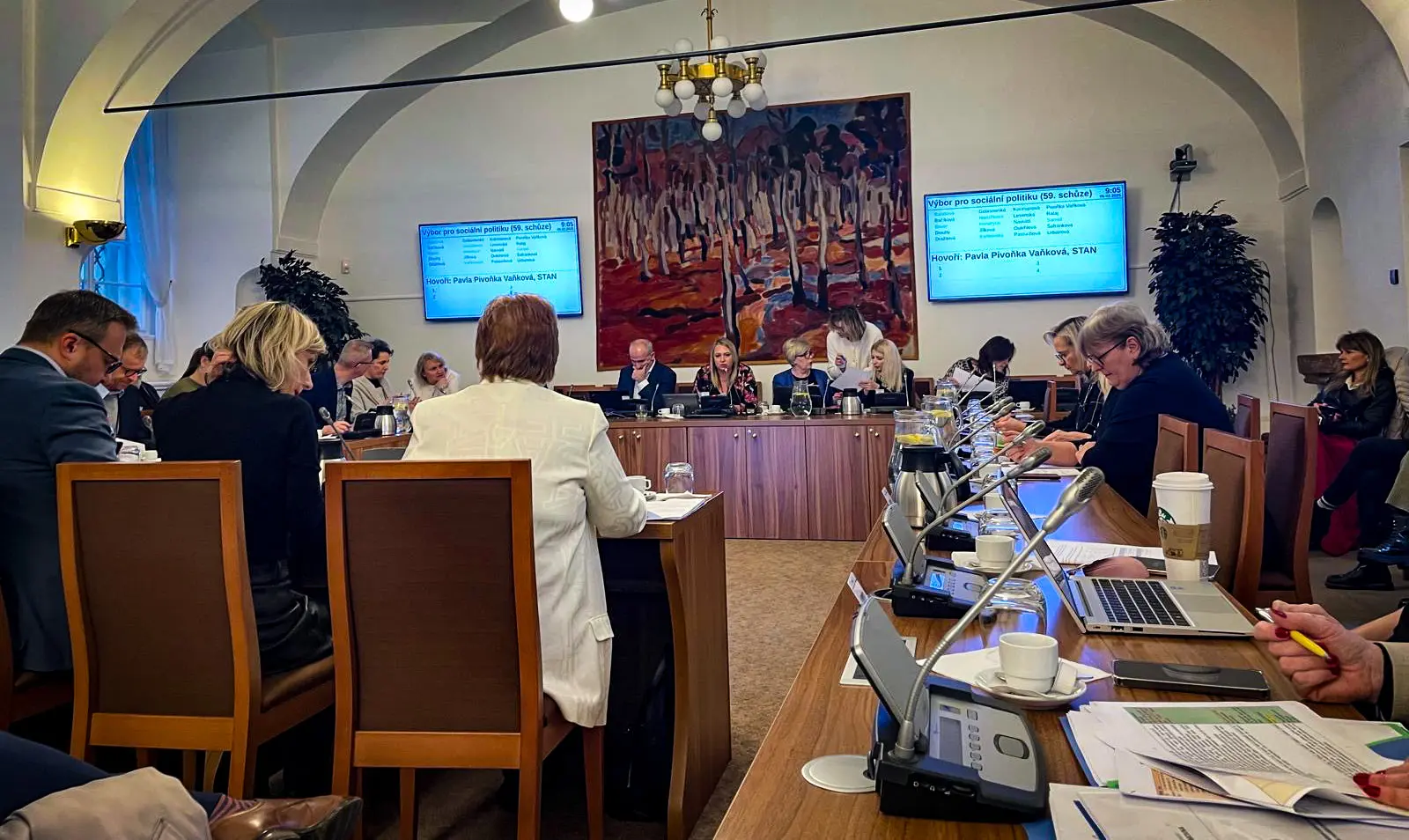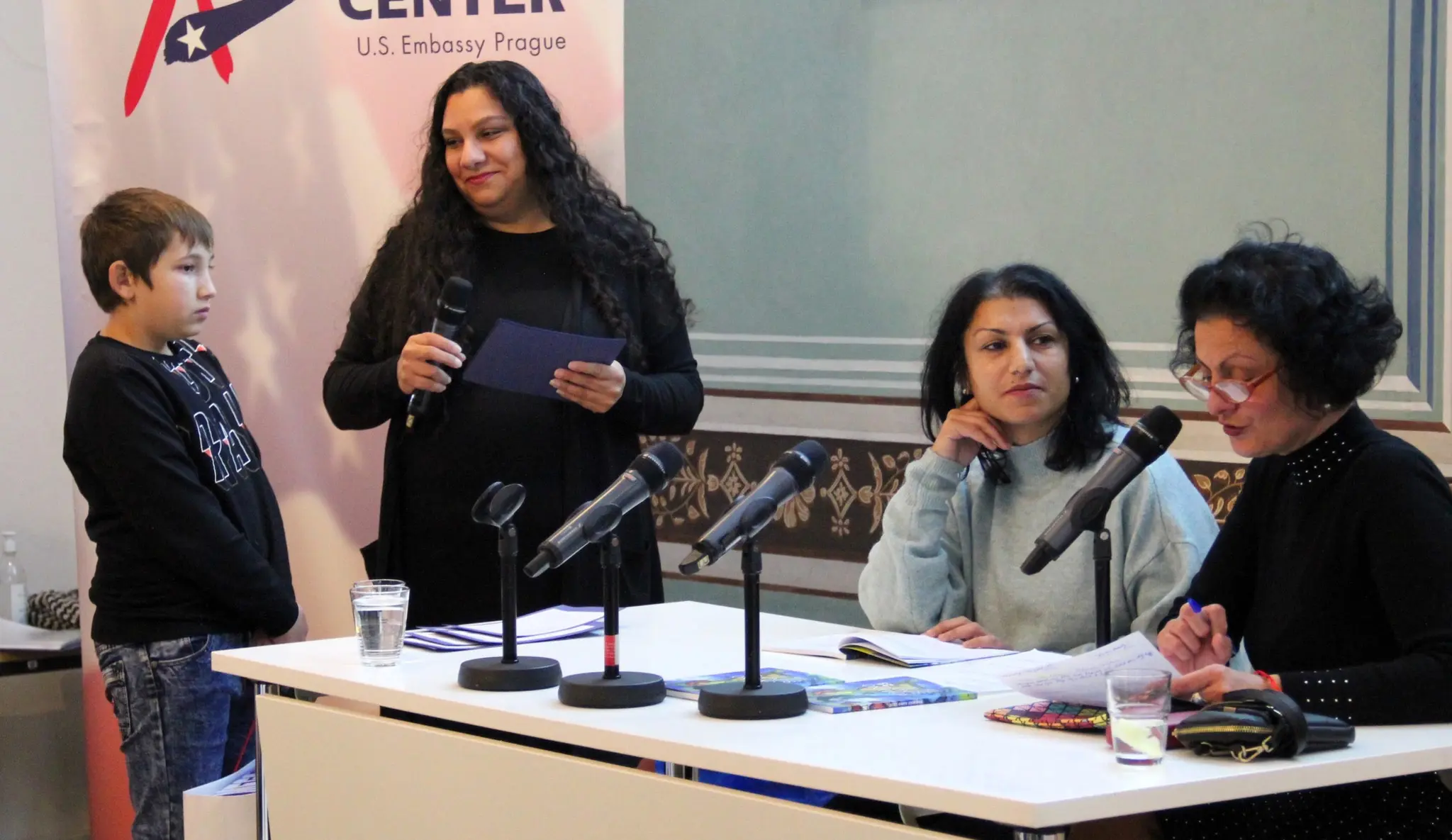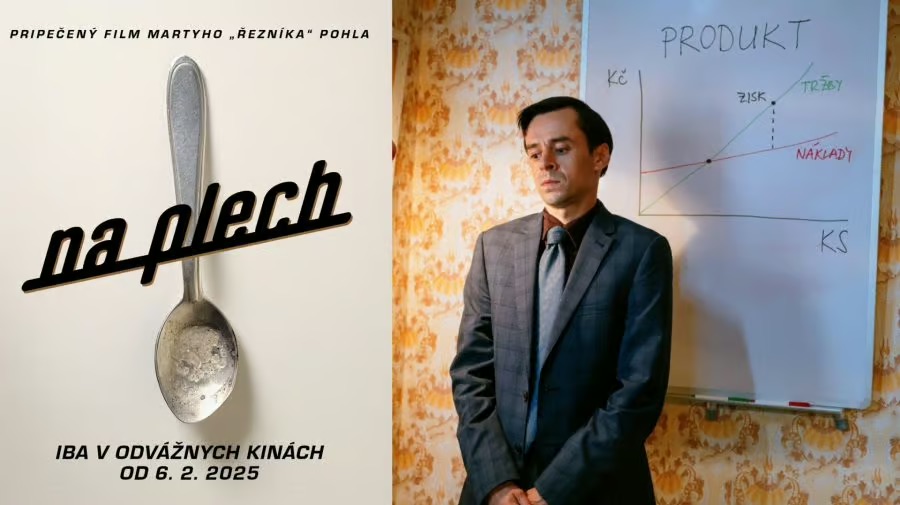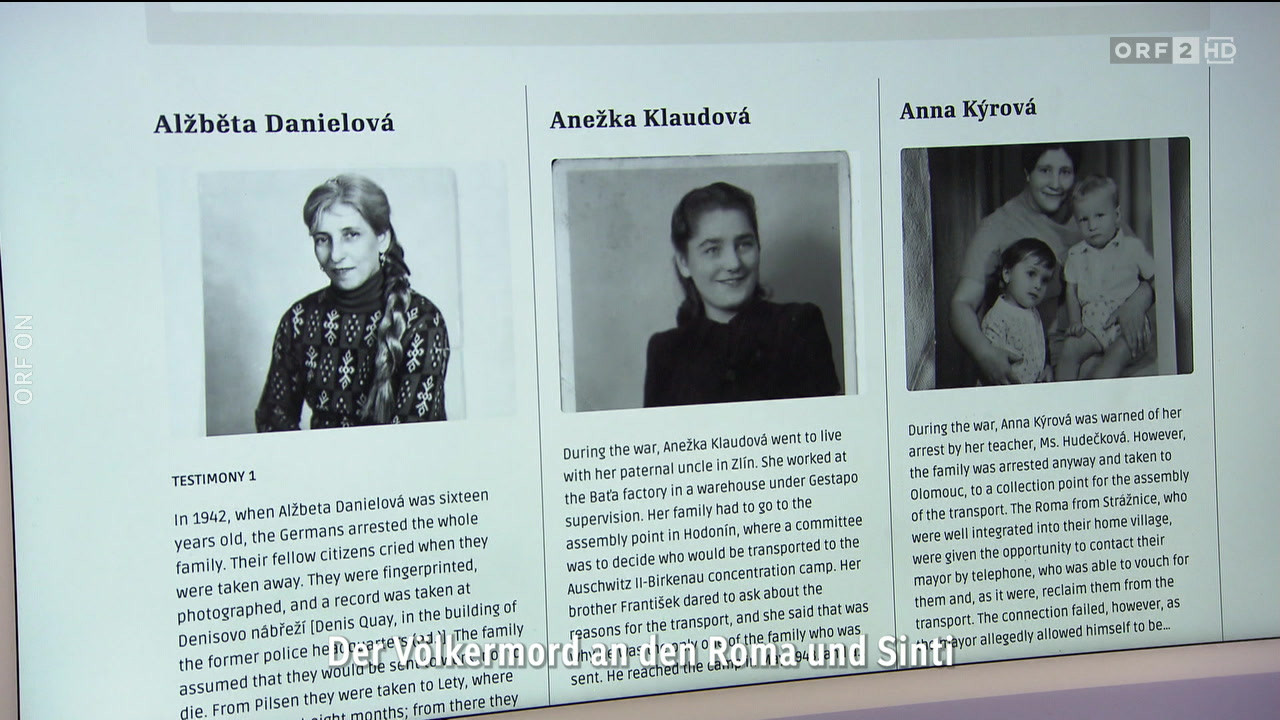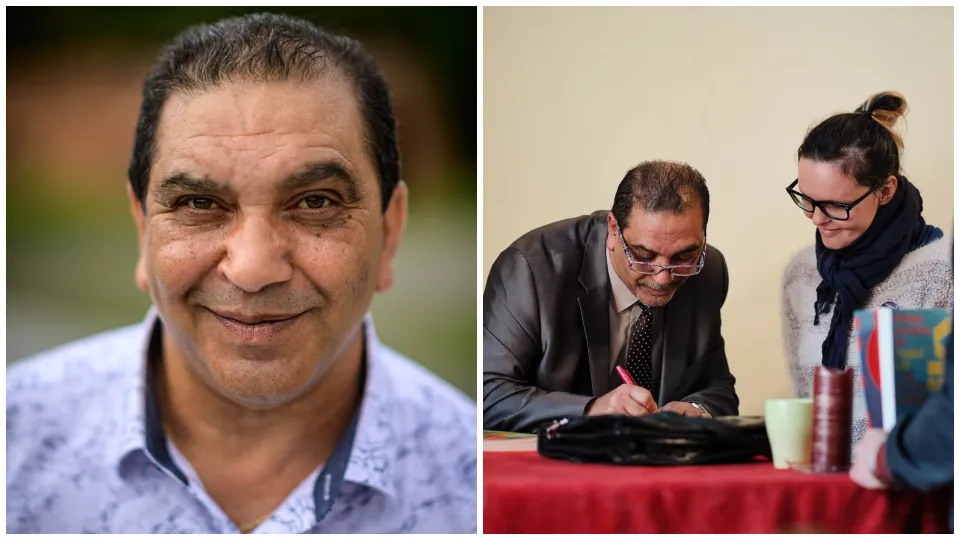Odehnal (2013) reports on the alarming increase of extreme right-wing movements against Rroma in the Czech Republic. On the occasion of the “National day of struggle” proclaimed by Czech neo-Nazis on August 24, followers of right-wing extremist groups gathered in several Czech cities. This included about 800 members of the newly formed society of the “Czech Lion” who tried to enter a Rroma quarter in Ostrava. Odehnal notes soberly that the extreme right, after a weakening in recent years due to the arrest of a few leaders seems no to have reorganized. But they continue to argue as before with old slogans: They regularly march up in cities with high unemployment rates and say they “want to protect ethnic Czechs against the crimes of the Rroma”. In addition, there is a latent racism against Rroma in broad sections of the population, of which the far-right scene is just a particularly prominent part. In recent times, there also have been several anti-racist demonstrations in which participants have been advocating a multi-ethnic, open society.
The sociologist Barbara Tiefenbach sees the economic crisis as an additional catalyst for the racism of the Czech majority society towards Rroma. Moreover, derogatory statements against Rroma have recently become increasingly socially acceptable and are therefore repeated uncritically. Politicians such as the President Milos Zeman or the Foreign Minister Karel Schwarzenberg, however, have tried to discredit the riots and call for the creation of more jobs, instead of organizing pogroms. Most bohemian Rroma, according to Tiefenbach are, were killer in the Holocaust under the Nazis. A fact that is often dirsregarded during the current events (Mappes – Niediek 2013).
Janzer (2013) provides detailed reports about what actually happenedg in Ostrava. The neo-Nazis would wanted to initiate a panic among people there and the police by throwing firecrackers. The Socialist Mayor of Ostrava, Petr Kajnar, denied in an interview that the right-wing radicals successfully recruited undecided or dissatisfied local citizens for their projects, which was their intended target. Also, the Social Affairs Minister Martin Šimáček sees no significant association between right-wing and socially disadvantaged citizens. Whether the latent racism of a broad part of the population could be channelled through radical action into an escalation of social tensions remains an open question and concern.
- Odehnal, Bernhard (2013) Aufmarsch von Neonazis. In: Tages-Anzeiger online vom 30.8.2013. http://www.tagesanzeiger.ch/ipad/international/Aufmarsch-von-Neonazis-/story/20621761
- Janzer, Till (2013) Neonazi-Aufmärsche – Anwohner rufen zur Solidarität mit Roma auf. In: Radio Prag online vom 26.8.2013. URL: http://www.radio.cz/de/rubrik/tagesecho/neonazi-aufmaersche-anwohner-rufen-zur-solidaritaet-mit-roma-auf
- Mappes-Niediek, Norbert (2013) „Über Roma wird gewohnheitsmäßig geschimpft“. In: Berliner Zeitung online vom 26.8.2013. http://www.berliner-zeitung.de/politik/neonazis-in-tschechien–ueber-roma-wird-gewohnheitsmaessig-geschimpft-,10808018,24123926.html

